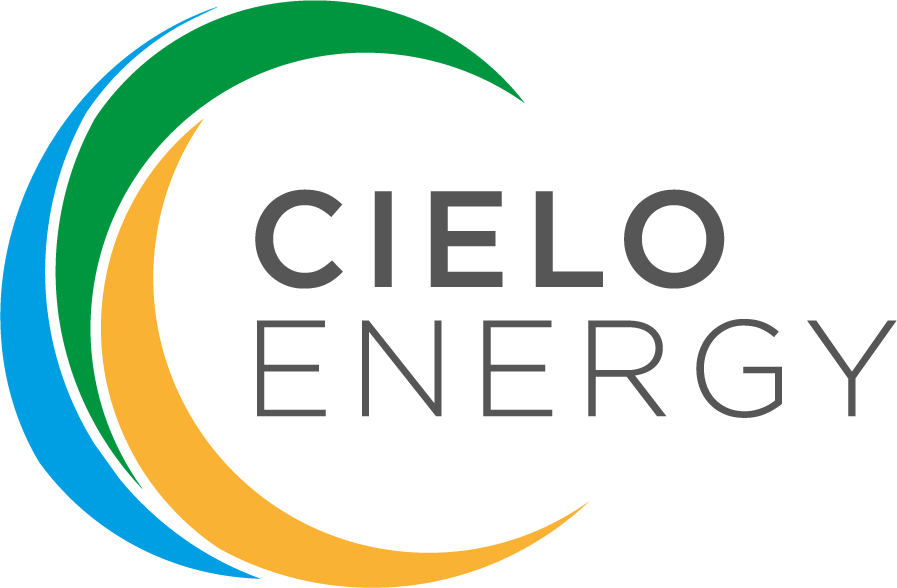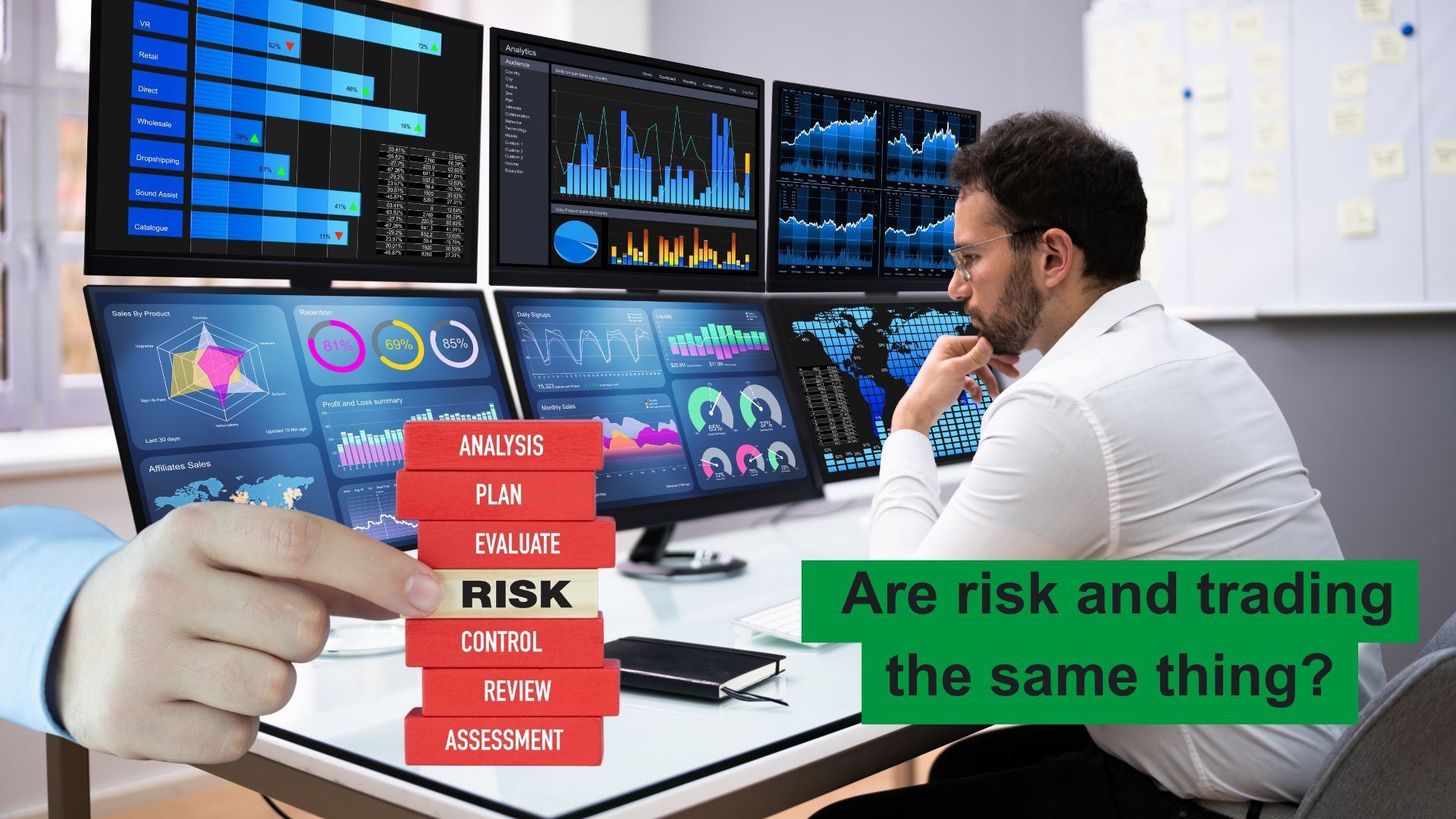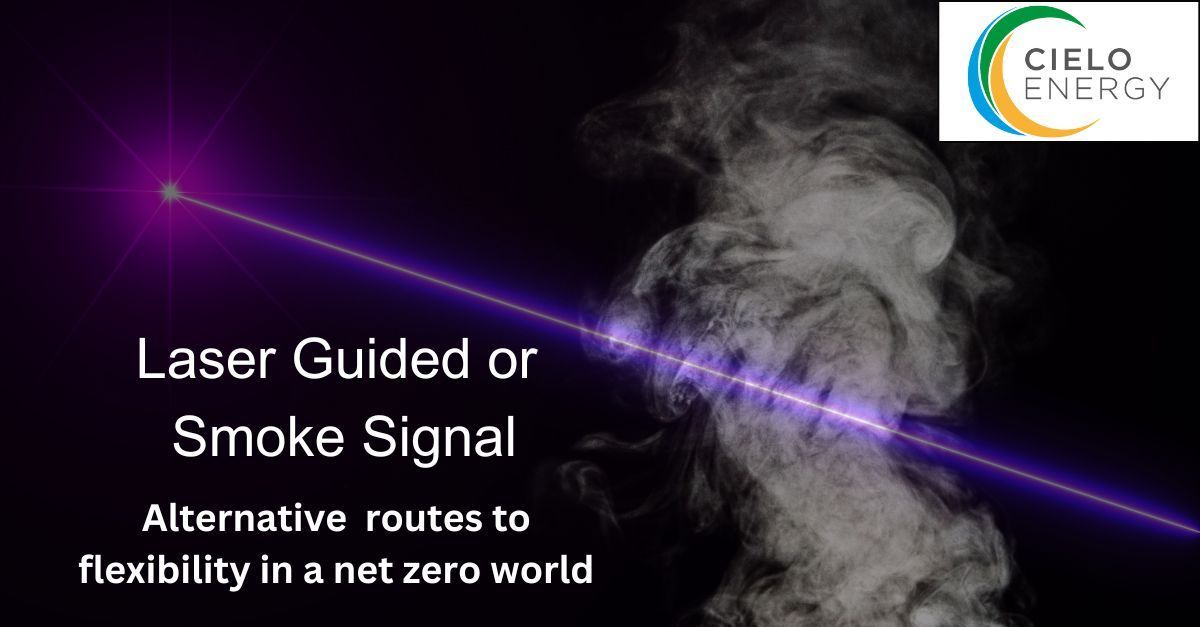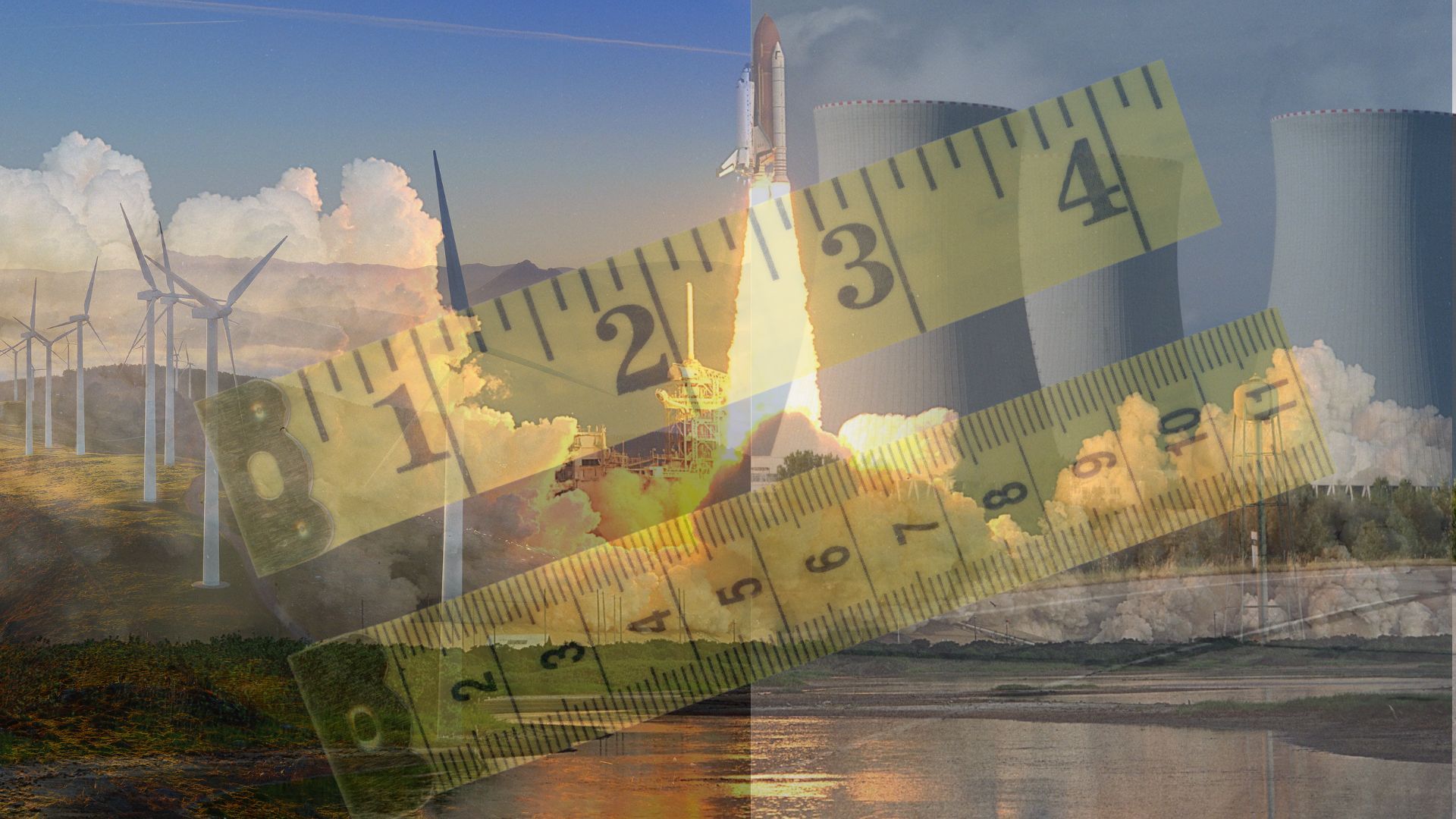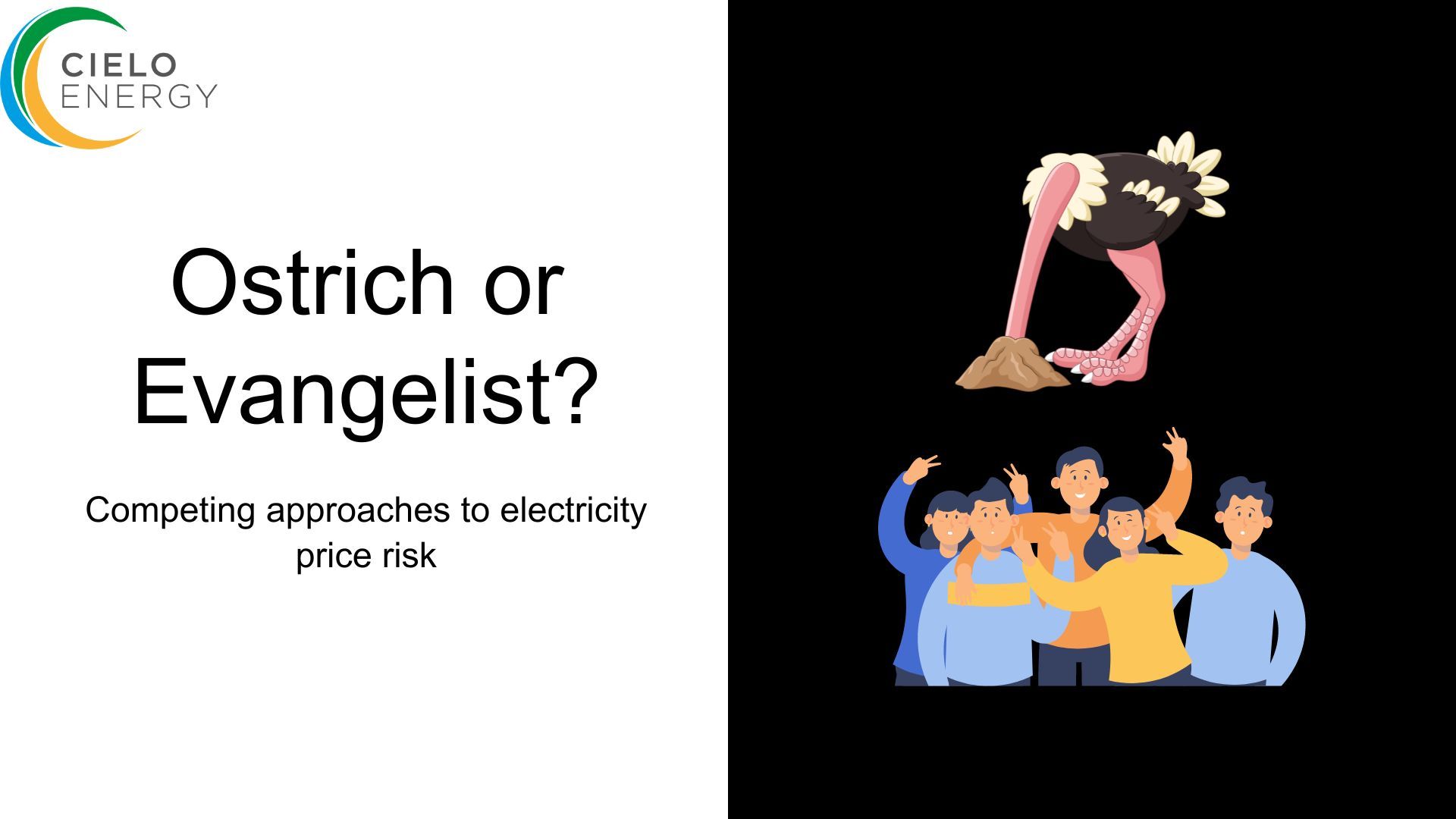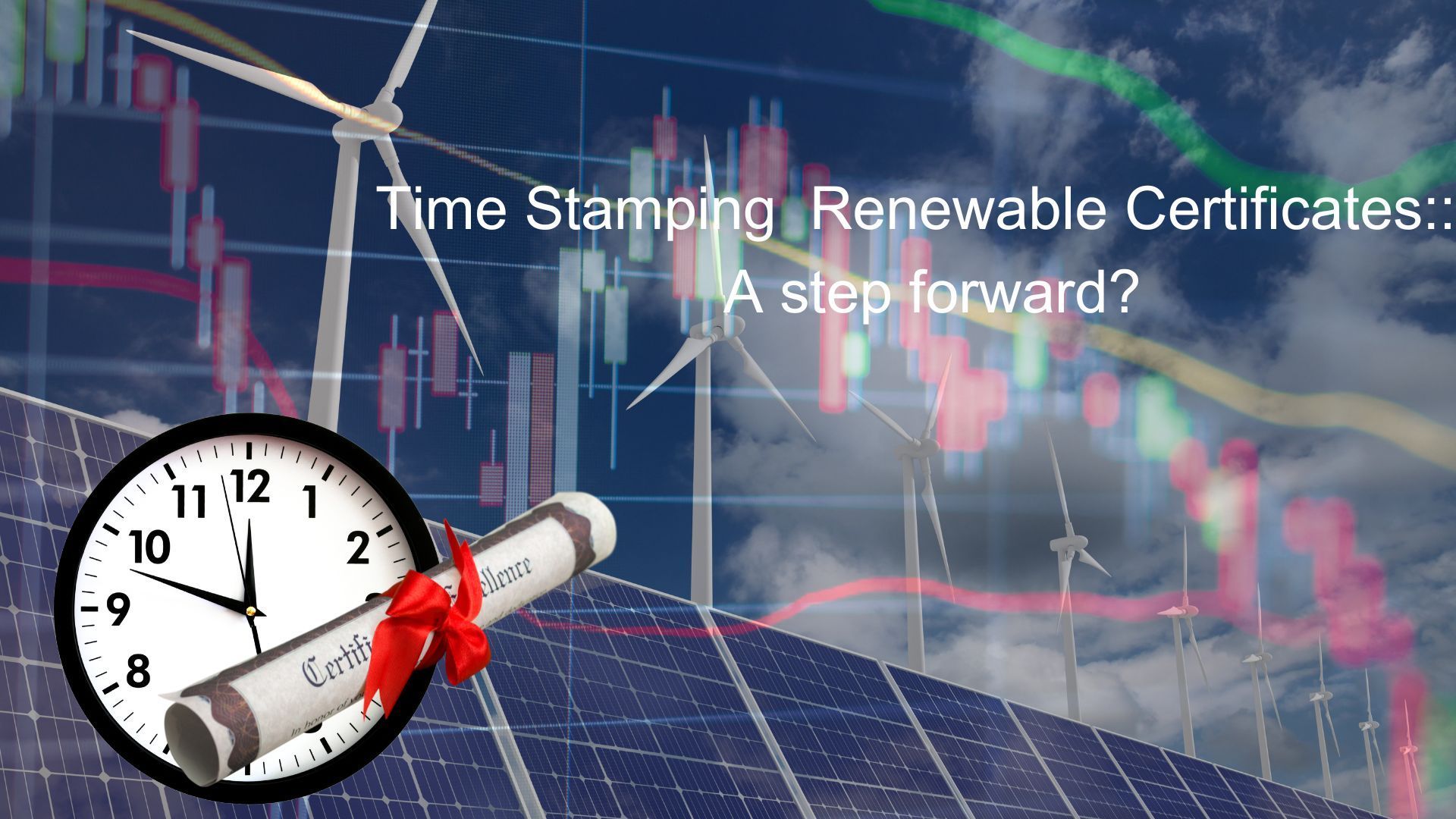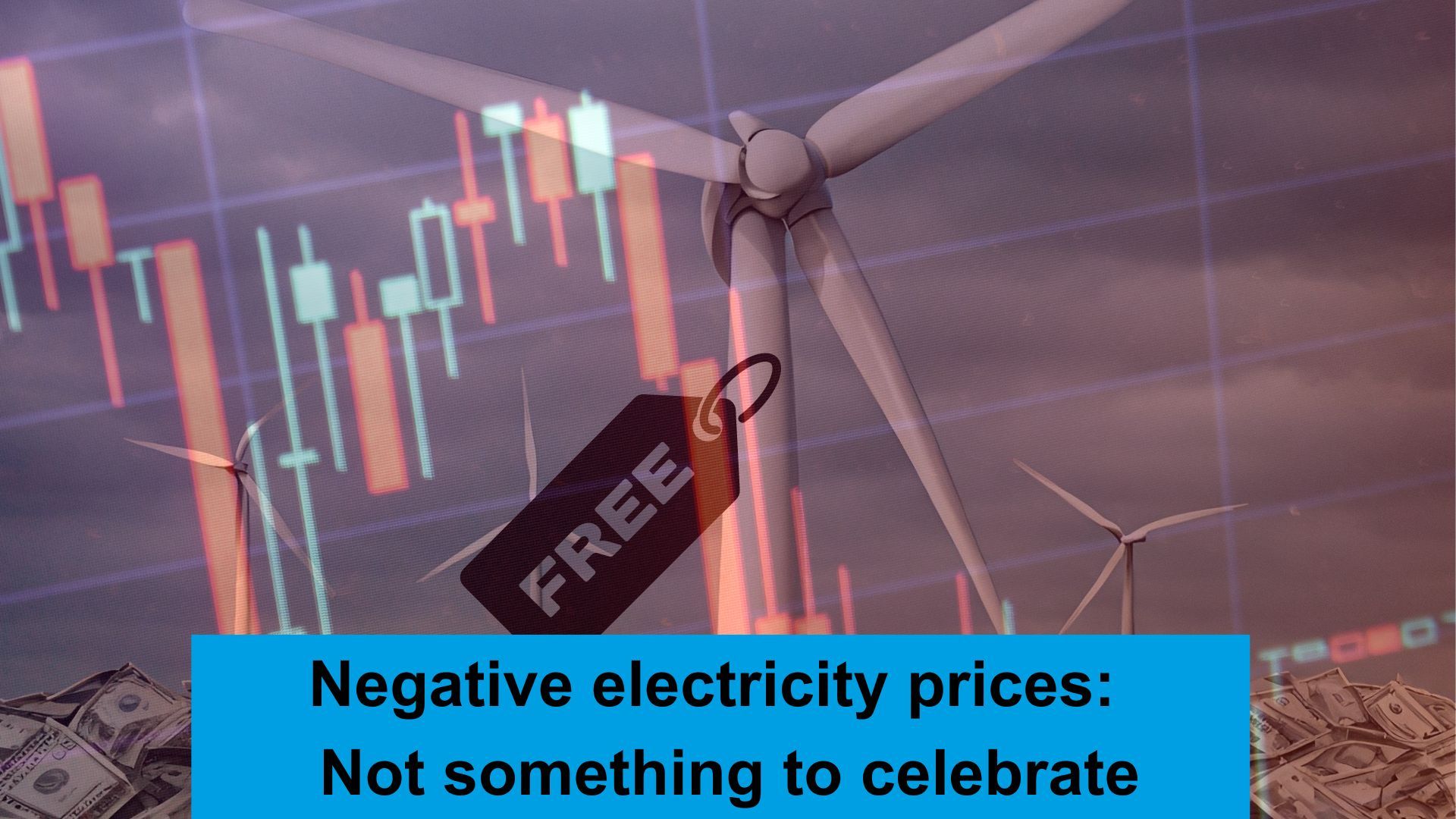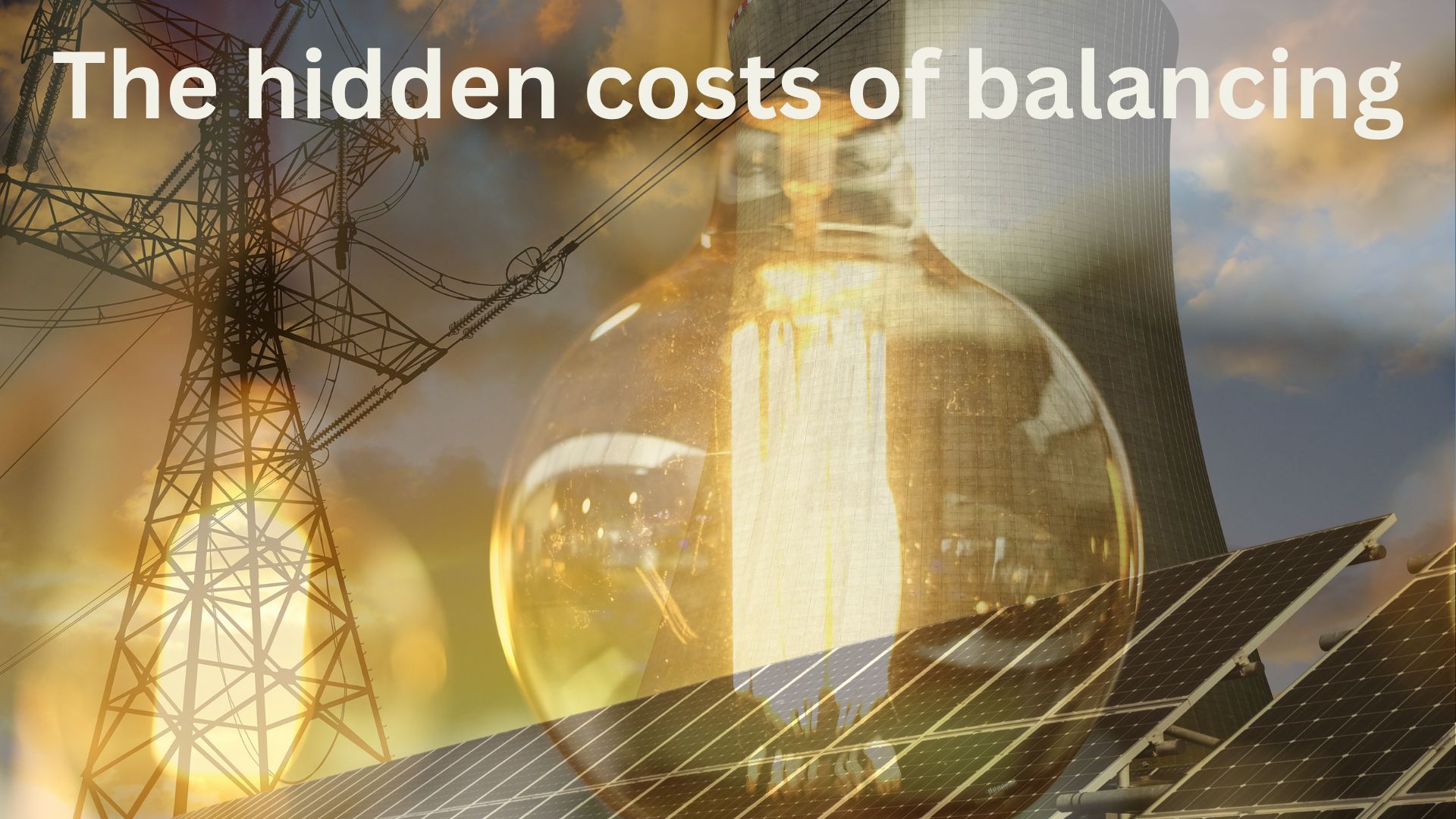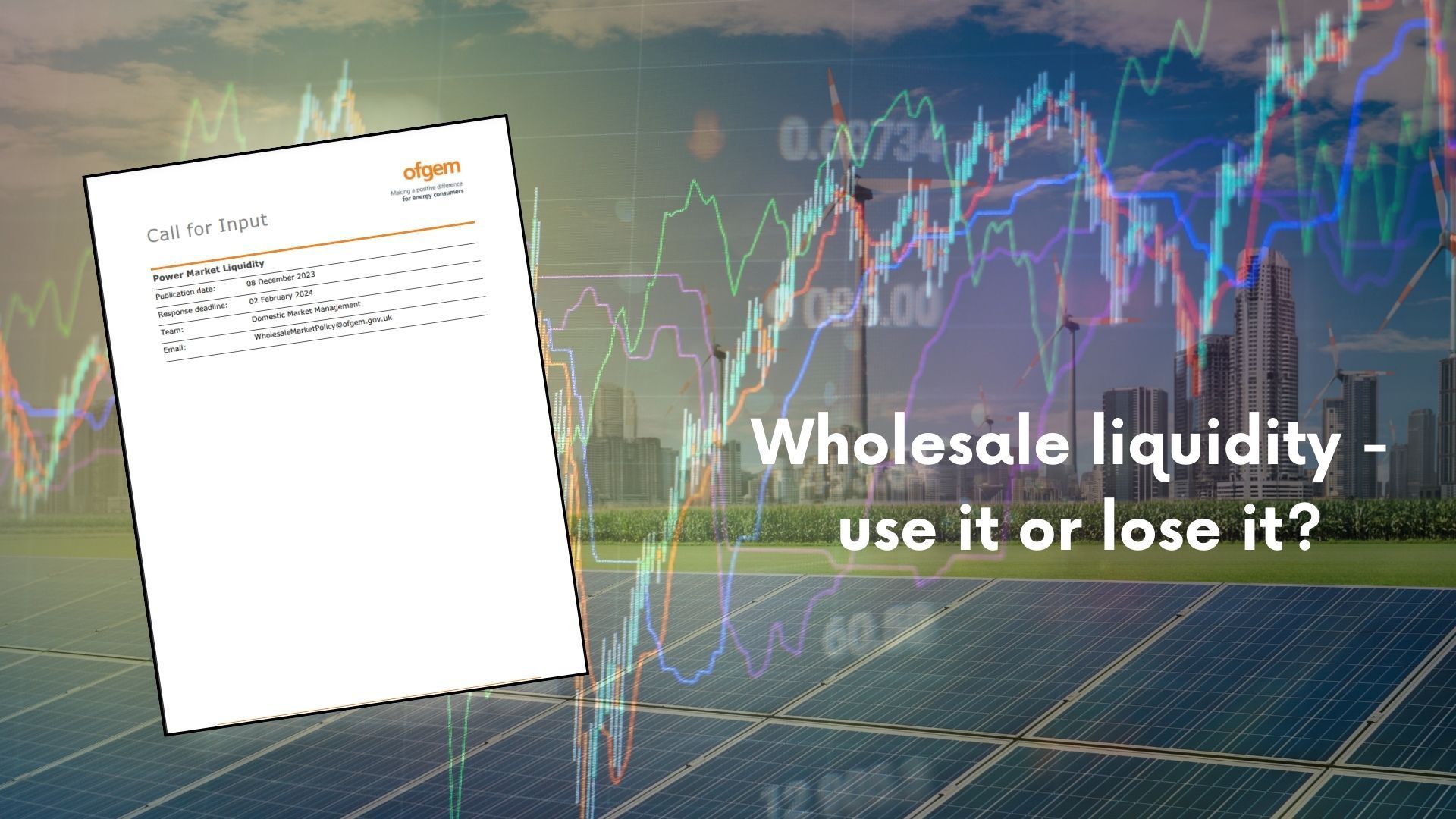If you’re looking to sign a corporate Power Purchase Agreement (PPA) I have two words of advice – Buyer Beware (or as lawyers like to say, caveat emptor).
I’m not saying don’t do it, far from it, but I’m concerned that some companies are rushing into deals without considering the cons as much as the pros.
The good, the bad and the uncertain
At their simplest corporate PPAs look great. A renewable energy generator, like a solar or wind farm, agrees to sell a large amount of electricity directly to a business for a set period of time, say 15 years. The generator benefits from a guaranteed income over the duration of the contract, which might allow it to develop more green energy sources.
The buyer benefits from knowing how much its electricity will cost in the short, medium and long term (for the volume under PPA anyway) and is notionally cutting its carbon footprint, which looks good from a sustainability PR perspective. Win-win.
Early CPPAs in the USA were deals involving Google and Facebook who were keen to highlight their green credentials while running energy intensive data centres. As quasi-monopoly providers they have a very different risk profile than most businesses, so bear in mind their position compared to your business.
However, the market has evolved over the last ten years and has grown considerably more complex. As a result, some companies could be making bad decisions as they jump on the bandwagon, without considering all the risk factors. The right advice is needed so buyers can price in these risk factors. If they don’t it can leave companies open to considerable uncertainty.
What’s in a name?
PPAs originated in the early 1990’s when generators were building gas fired power stations and sold a PPA to supply business to secure the financing. The supplier agreed to take all that was generated by the power station and paid an agreed price for it, hence the name Power Purchase Agreement. Many of these did not have good financial outcomes for the suppliers. Although simple in concept, they were very complicated in practice. Corporate PPAs now come in many different shapes and sizes but in general there are 3 parties involved irrespective of the structure.
A few quick definitions:
- Generator – Produces energy and sells to either end user directly or through supplier.
- Supplier -Manages flows of energy from the generator into the grid, and to the end user. May structure the whole transaction to pay the generator and collect payment from the end user.
- End User – Pays for energy under contract terms to both the supplier and broker. Depending on structure may have a contract with generator and supplier and pay both of them.
- Physical PPA – The End User agrees to buy a certain amount of electricity over a defined period of time. In the first instance the renewable power generator is connected directly, without going through the grid, to the End User’s building e.g., a factory. This is known as an on-site or private wire PPA. They make a great deal of sense but obviously need the right geography to make them work so are relatively rare.
More commonly, the End User buys the renewable energy via a utility company. For a fee the utility looks after the red tape and the money and ‘sleeves’ the energy to the buying company – hence the name sleeved PPA. This has the benefit of protecting the buyer if the energy bought isn’t enough to support the company’s needs, because the utility will supply the extra needed (or take away the excess).
These PPAs, and the many iterations of structure, all operate in broadly the same way; and carry similar risk profiles.
For the seller, a PPA is broadly risk reducing as it secures a known income for an asset and may even increase profitability if ‘risk management’ services are included in relation to an asset.
For the buyer PPAs may open up risks that didn’t exist before, so they need to be understood:
Energy volume
There may be a commitment to take a certain profile and level of volume.
What happens if your business needs more or less?
Energy price
How is the price set for the PPA, and for any balancing required to provide what your business needs? How is any contract price indexation applied – how could it impact your competitive position? How are non-commodity prices charged – these can’t generally be avoided through a CPPA.
What changes if you take the CPPA?
Your business increases its renewable credentials in the short term. Does the overall volume of renewable generation in the country increase? – it depends on the source, but for the main part no. Do your overall costs reduce? – it depends on how the market moves Does your competitive position improve? – it depends on what your competitors are doing
The expertise gap
Buying energy from source can definitely work for big companies but they must accept that they are taking on new risks that they won’t have encountered with a traditional energy deal.
It’s unlikely they will have anyone in the team that has negotiated such a contract and that lack of expertise will leave them vulnerable. The generators will have a greater understanding of the electricity market, its volatility and its complex regulations, putting them at an advantage and selling the CPPA is reducing their level of risk.
For instance, how confident are you about the price of electricity in a year’s time? Is it likely to rise or fall? Considering that PPAs can be for 15 years it’s easy to see how a badly negotiated deal can leave a company with buyer’s regret.
Do you have any clue how about the current regulatory framework and how it is likely to change in the short to long term? How do you know the generator is even going to be around in 15 years’ time? What do you need to look for in a supplier?
My fear is that many PPAs are weighted against the buyer and they are in effect underwriting generation risk that they do not adequately understand.
Of course, these are all things you can investigate and take a view on, your due diligence process. However, with such a specialist offer this is one of the times when it really pays to look for expert advice. You need people on your team with a deep understanding of both the potential downsides as well as the upsides.
Look at it this way, if you were making any long-term business investment you would seek independent professional advice from a third party whose payment was not linked to the transaction success. A long term corporate PPA should be seen in the same way – as an investment in the long-term future of your business.
With the right people in place, it’s possible to negotiate a deal which is fair to both parties. But as I said at the beginning, buyer beware, this is not a simple decision.
If you want independent expert advice or support on your energy needs, contact info@cieloenergy.co.uk
Share this on social media
